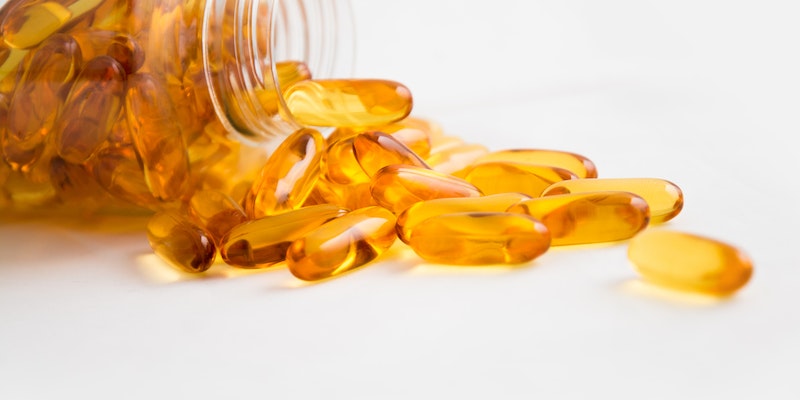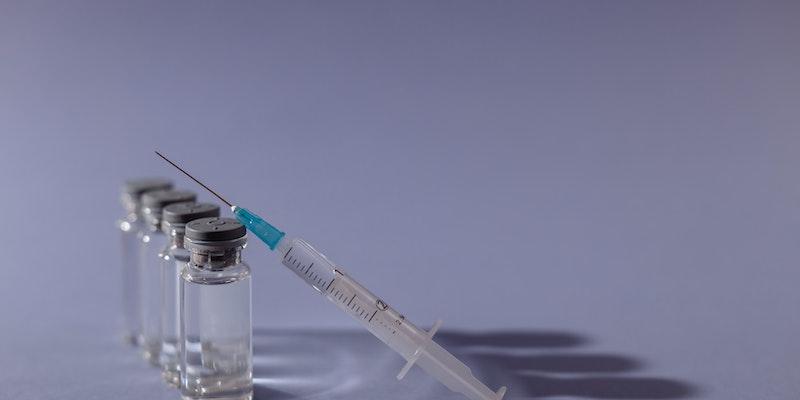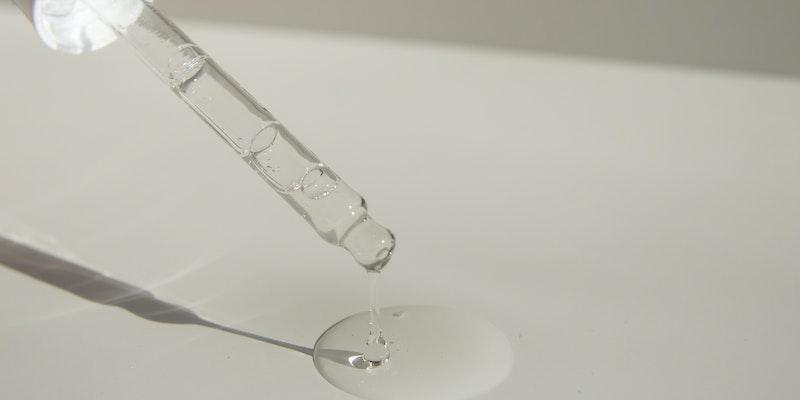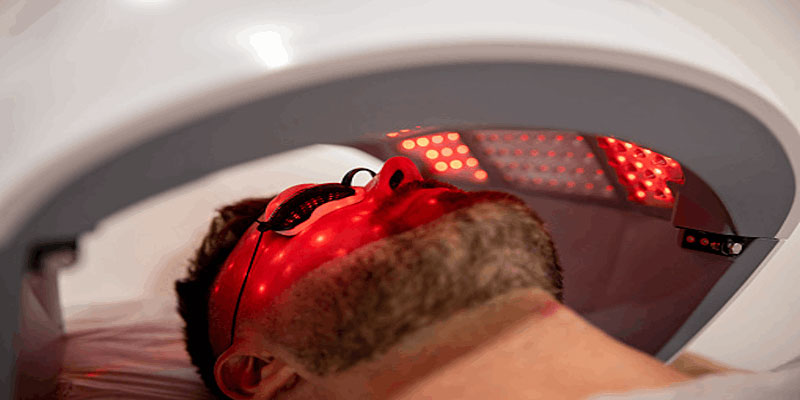
With psoriasis, life can be difficult. Psoriasis is an autoimmune condition that accelerates skin cell life cycles, causing cell accumulation, inflammation, and scaling. The most common variety, plaque psoriasis, has thick, red areas with silvery scales. There is no cure for psoriasis, but numerous therapies provide hope to millions.
Topical Treatments
Corticosteroids
Corticosteroids are the cornerstone for the initial treatment phase for those grappling with mild to moderate psoriasis. These powerful anti-inflammatory agents work diligently to alleviate inflammation and suppress the immune response, thereby mitigating the hallmark symptoms of psoriasis. Their effectiveness in reducing redness and itching makes them indispensable in the therapeutic armamentarium.
Long-term corticosteroid use can cause skin thinning and resistance. As the skin adjusts to the medicine, greater doses may be needed to provide the same therapeutic benefit, emphasizing the need for prudent use and medical monitoring.
Vitamin D Analogs
Vitamin D analogs are synthesized forms of vitamin D designed to mimic the action of this essential vitamin in the body. They act by decelerating the growth of skin cells, consequently reducing scales and inflammation—two prominent symptoms of psoriasis. Calcipotriene is a widely used analog in this category, often amalgamated with corticosteroids to amplify its efficacy and provide a synergistic effect.
This combination approach serves a dual purpose—addressing inflammation while regulating skin cell growth, providing a comprehensive plaque psoriasis treatment strategy for those seeking relief from this persistent ailment.
Topical Retinoids
Topical retinoids, derivatives of Vitamin A, play a pivotal role in normalizing DNA activity in skin cells and reducing inflammation. These agents have proven to be especially instrumental in plaque psoriasis treatment, showcasing their versatility in addressing various forms of psoriasis.
However, retinoid patients should be aware of increased sun sensitivity, necessitating sun protection and avoiding excessive sunlight exposure to prevent adverse reactions.
Coal Tar
Coal tar, a time-tested remedy with a history dating back centuries, has proven its mettle in reducing scaling, itching, and inflammation. Its availability in various formulations, such as shampoos and ointments, makes it a viable and accessible option for those pondering how to cure scalp psoriasis permanently.
The longevity and enduring popularity of coal tar speak to its efficacy, but its application does necessitate patience and consistency, as the journey to symptom relief can be gradual.
Moisturizers
While not a cure, moisturizers are integral for managing the dryness, itching, and scaling associated with psoriasis. They provide immediate symptomatic relief and improve skin barrier function, creating an environment conducive to healing and recovery. Regular use of emollients and hydrating agents can enhance the effectiveness of other treatments, fostering optimal skin health.
Light Therapy (Phototherapy)
Phototherapy, which involves controlled UV light exposure, may help patients with extensive psoriasis or who are refractory to topical treatments. Slowing skin cell growth and turnover treats psoriasis' core cause.
UVB Narrow-band Therapy
The most common light therapy is UVB. UVB light slows skin cell development. Seeing a dermatologist regularly helps lessen scaling and irritation, giving sufferers hope.
Goeckerman Therapy
Goeckerman Therapy combines the therapeutic benefits of coal tar and UVB light. This amalgamation is particularly impactful for severe cases, highlighting its importance in plaque psoriasis treatment. The synergy between coal tar and UVB light enhances the effectiveness of each component, providing a robust treatment option for those with recalcitrant psoriasis.
Psoralen Plus Ultraviolet A (PUVA)
PUVA therapy merges a light-sensitizing medication, psoralen, with UVA light. The combination has proven effective for more severe psoriasis, addressing the symptoms and underlying cellular activity. Patients undergoing PUVA therapy typically experience a reduction in the rapid skin cell turnover characteristic of psoriasis, improving skin appearance and texture.
Oral and Injected Medications

Healthcare providers may escalate to prescribing oral or injected medication for psoriasis for severe psoriasis or cases resistant to other treatments. These systemic treatments address the underlying causes of psoriasis, providing relief for those with extensive and persistent symptoms.
Retinoids
Oral retinoids, like acitretin, are potent agents for severe psoriasis and psoriatic arthritis. They regulate the growth and differentiation of skin cells, addressing the hyperproliferation characteristic of psoriasis. However, their use comes with significant responsibility, as they can cause severe birth defects. Thus, they are contraindicated for pregnant or lactating women and require proper contraception during treatment.
Methotrexate
Systemic methotrexate decreases skin cell development and reduces inflammation. Psoriasis sufferers can achieve long-term remission and enhance their quality of life. However, it faces obstacles. Prolonged use may harm the liver and lower white blood cell count, requiring medical monitoring and counseling.
Cyclosporine
Cyclosporine suppresses the immune system to slow skin cell turnover. It’s fast-acting and can provide immediate relief, but it is not a long-term solution due to potential kidney damage and increased blood pressure risk. Patients on cyclosporine require regular monitoring to ensure their safety and adjust dosages as needed.
Biologics
Biologics represent a new era in psoriasis treatment. These medications target specific parts of the immune system, addressing the autoimmune aspect of psoriasis. Administered by injection, biologics suit those with moderate to severe psoriasis who have not responded to traditional therapies. They offer targeted relief with fewer systemic side effects, making them a valuable option in the comprehensive treatment of psoriasis.
Lifestyle and Home Remedies
Living with psoriasis often necessitates a comprehensive approach beyond medical treatments, including lifestyle adjustments aimed at symptom management and overall well-being.
Daily Baths
For individuals exploring how to cure scalp psoriasis permanently, the ritual of daily baths can offer much-needed relief. Bathing with Epsom salts or colloidal oatmeal can soothe itching and help infiltrate scales and plaques. The warm water aids in hydrating the skin, while the therapeutic properties of salts and oatmeal calm inflammation and facilitate the shedding of scales, fostering a healthier scalp environment.
Sunlight Exposure
While the sun's healing rays can significantly improve psoriasis lesions through the natural synthesis of vitamin D, moderation is key. Balanced sunlight exposure can confer therapeutic benefits, but excessive sun can trigger outbreaks and escalate the risk of skin cancer. Adopting sun safety measures such as sunscreen and limiting exposure time can help harness the benefits while mitigating risks.
Moisturizing
The ritual of regular moisturizing is a cornerstone in managing psoriasis. Keeping the skin supple and well-hydrated can substantially reduce itching and scaling. Utilizing emollients and moisturizers enhances the skin’s barrier function, preventing water loss and protecting against irritants, thereby contributing to an improved quality of life for individuals with psoriasis.
Avoiding Alcohol and Tobacco
Alcohol and smoke can worsen psoriasis. Avoiding or decreasing these drugs can help manage this illness, reduce flare-ups, and improve skin health.
Stress Management
Stress stands as a notable trigger for psoriasis. Stress management practices, including mindfulness, yoga, and exercise, can help maintain balance and prevent exacerbations. These techniques improve mental health and resilience, benefitting chronic skin problem patients.
Diet and Nutrition
Anti-inflammatory Diet
An anti-inflammatory diet rich in fruits, vegetables, lean protein, and healthy fats can greatly reduce symptoms. A nutrient-dense diet improves immune function, decreases inflammation, and promotes skin health, making it a holistic psoriasis treatment.
Omega-3s
Fish and flaxseeds are rich in omega-3 fatty acids, which reduce inflammation. These vital fatty acids modulate the immune response and reduce inflammation, helping psoriasis symptoms and skin health.
Vitamin D
Vitamin D is essential for skin cell metabolism and immunity. Psoriasis patients must have enough vitamin D from food, supplements, or limited sun exposure. It supports skin health and may help regulate the abnormal skin cell growth characteristic of psoriasis.
Avoiding Trigger Foods
Avoiding gluten, dairy, and processed meals can help prevent flare-ups. A personalized diet based on sensitivities and triggers can help reduce the impact of diet on psoriasis symptoms, promoting a more balanced and symptom-free life.
Alternative and Complementary Therapies

Aloe Vera
Aloe vera, which soothes and reduces inflammation, can help psoriasis patients. Using 0.5% aloe gels or lotions helps minimize redness and scaling. However, it is prudent to note that aloe in tablet form is not recommended due to potential risks and lack of evidence regarding efficacy.
Oregon Grape (Mahonia Aquifolium)
The Oregon grape, or Mahonia aquifolium, has shown promise in alleviating mild to moderate psoriasis. Topical application of creams containing 10% Oregon grape can confer benefits by reducing inflammation and promoting skin healing. However, like all alternative therapies, discussing its use with a healthcare provider is advisable to ensure it is appropriate and safe.
Tea Tree Oil
Tea tree oil, revered for its antiseptic properties, can be used cautiously for scalp psoriasis. Its application can relieve itching and scaling, but users should be vigilant as allergic reactions are common. Conducting a patch test before regular use can help ascertain individual tolerance and prevent adverse reactions.



